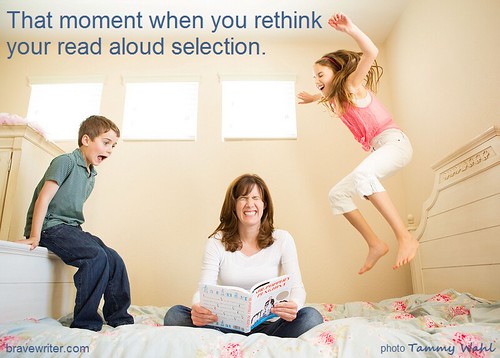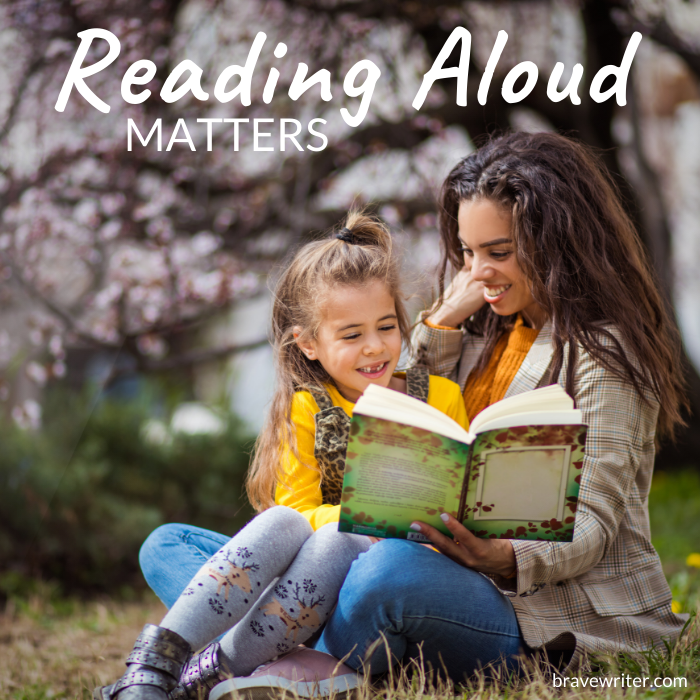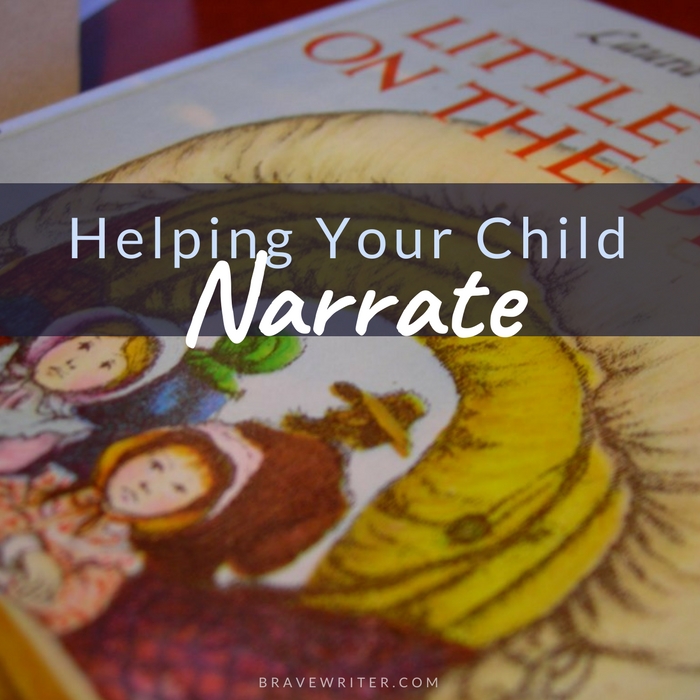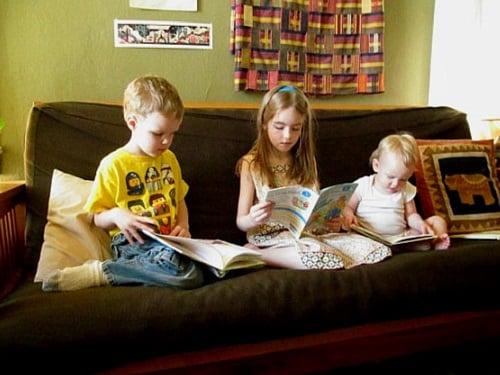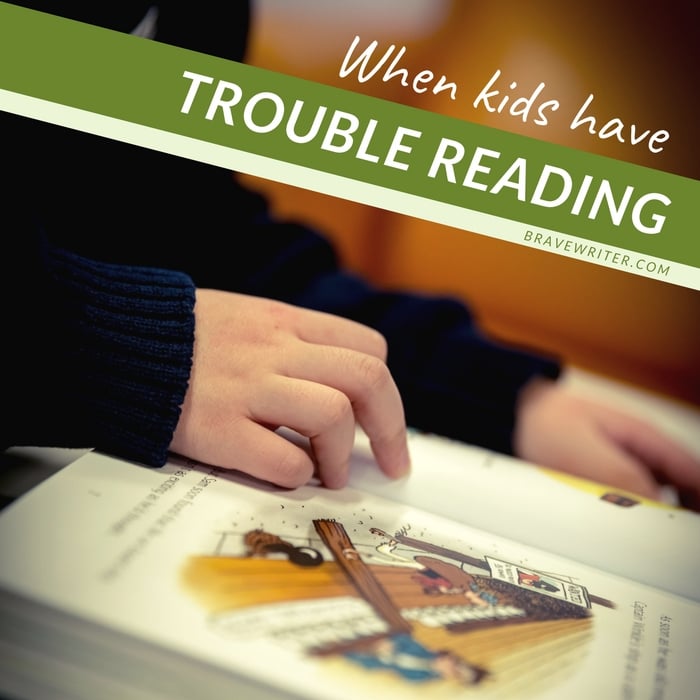
Abby asks:
Where would my 9 year old start? He really dislikes reading and writing. He also does not like books that are too young for him in content. He can read sort if, but doesn’t like to and seems to have trouble with the phonetics. I have tried the chunking method but I don’t know what I am doing and am met with much resistance by him. I am looking for help and a new direction.
Thanks!
Abby
Some kids just can’t get there as easily as others. My youngest was nearly 10 before reading clicked for her.
For Caitrin (my youngest), she got interested in Ancient Greek (I was studying it at the time). We learned the alphabet together. She suddenly saw how each letter had a sound in a way she didn’t grasp with English. Because I was sounding out with her and struggling with her, she started to match the sounds to the letters. Once she made that connection, something “clicked” and she started sounding out more easily for English. She never read readers and went straight to chapter books.
It may be that he is trying to “read” – to just breeze along in English the way all of us do, without realizing how he needs to patiently grasp the phonetics (painstaking, unnatural work). If you have a way to introduce a second alphabet (maybe even making your own code for the sounds – not the alphabet), he might see it as a game and start to see what reading actually is.
My other daughter had a different problem. She was struggling with all the different fonts. To her, an “a” in handwriting was not the same “a” as in typing. She couldn’t generalize and thought she was seeing multiple alphabets! She didn’t read until she was almost nine. When I figured out what was happening, I started having her circle the alphabet letter by letter in a variety of settings (books, articles, handwritten notes). I wanted her to recognize an “a” always sounded like an “a” no matter how it was written. Once she caught on to that, she read.

Keep noticing what’s going on with your son. If he is struggling with the patience to sound out, see if there is some other way he can get there. You might try writing him notes (using simple language) each night at bed time – a single question. Let him read it on his own away from your eyes. If he can decipher it, he can “get” whatever the question offers.
For instance, maybe you write: “Do you want a cookie?”
If he can read it, the next day he gets it.
Maybe: “Do you want to take a walk in the park?”
Then if he can get it, you go for the walk. Maybe you go anyway!
No need to punish him, but you might help him have some space to read alone without your prying eyes and anxiety pressuring him (that’s how we all feel when we are sitting with a late reader). Reading aloud to him is important as well.
You might also try The Wand (you can download a sample so you can take a look and see if it would work for him). Sometimes the kinesthetic approach works well with boys.
–Julie
Image of boy reading by Brave Writer mom, Marsha


